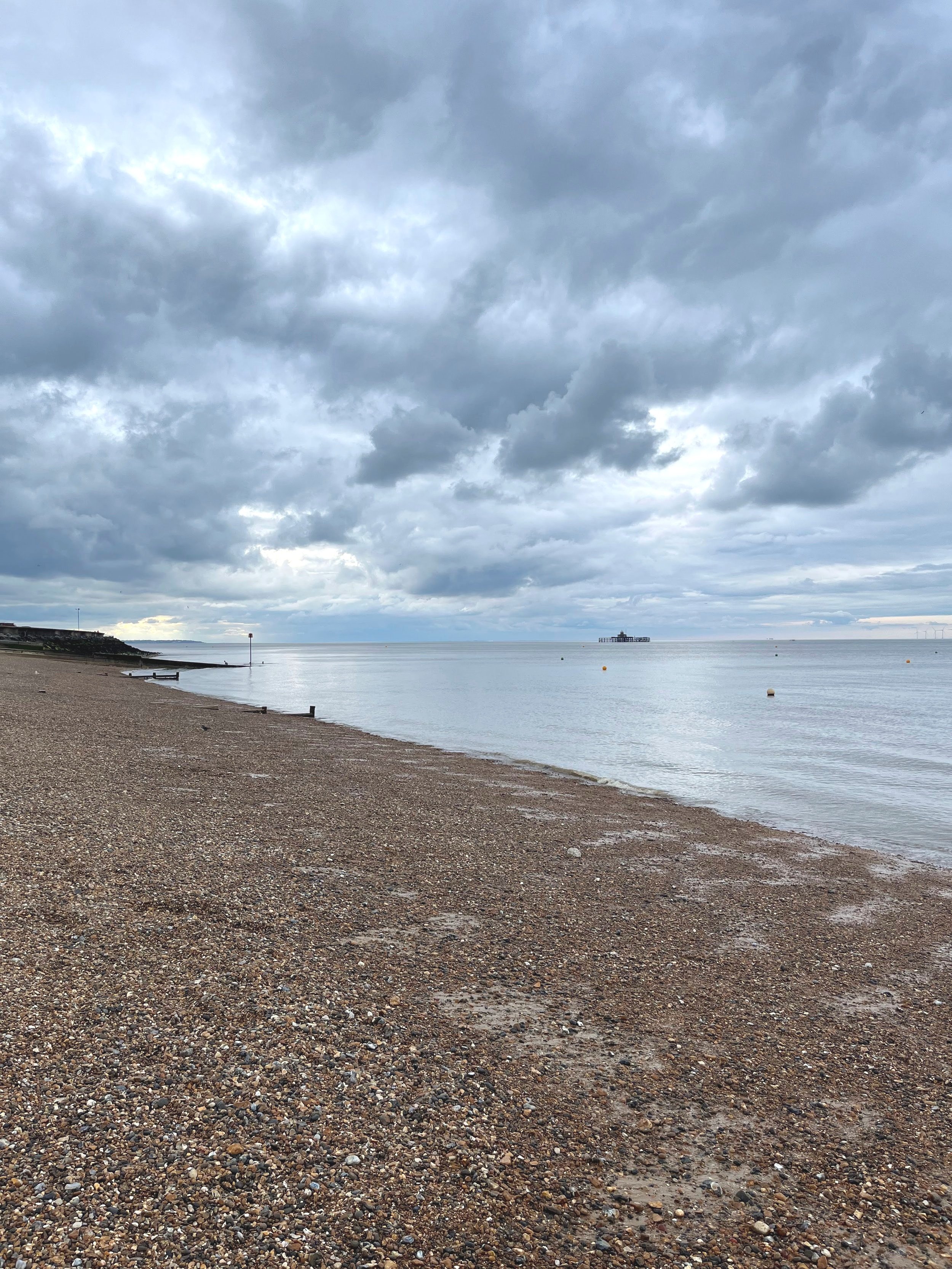
Phobias
Do you have a Phobia?
If you do you’ll know how much of daily life a phobia can affect
but it doesn’t have to!
Saying goodbye to your phobia can be faster than you think
I work with most phobias in just one session.
That’s it. One session.
Whether it’s been with you for years (decades even in some cases) or has developed recently, the process is the same.
Finding the roots
A phobia is an involuntary nervous system reaction to a trigger.
Which simply means, our brain decides something is scary and creates a reaction in our body we have no control over.
Whether we realise it or not, the mind knows why it thinks this is a risk. You may remember the point where you were first afraid, or you may not. You might think you remember, but be aware of a significant time you reacted with fear rather than the first time.
Every phobia hypnotherapy session is different, because the roots of every phobia is different. Neither you or I know what you will discover, but you can trust me to keep you safe during the process
Working with the subconscious, rather than against it
Sometimes a phobia is the mind making a mistake. During stress or trauma, it has created a link between the subject of the phobia and fear and holds onto this.
But whether it is a wrong wiring or not, the brain still believes it should be afraid.
If we simply teach it not to have a fear response we’re asking it to go against it’s instincts. And we want to react instinctively to things that are a risk.
So instead of telling the body not to be afraid, we ask the subconscious why it’s afraid and help it to understand that fear is no longer valid and why. Then we can work with it to stop the phobia… when there is nothing to be afraid of anymore.
But sometimes, there is a risk
The brain is giving you a fear reaction to something that is scary. It could be something we know is a measured risk. Or it could be the last time we tried to do that thing, something bad did happen.
We don’t want the subconscious to lose trust in us and create more anxiety. So instead we need to make an agreement with the subconscious, we can let it show us the risk, and then trust us to decide whether it’s safe to progress.
In this instance we’re managing the involuntary fear response, rather than removing the fear completely. Which keeps us happier and safer without losing our ability to sense danger.
If you’re neurodivergent you may have developed a phobia of something that causes you distress.
Your subconscious is right to try and keep you away from something that upsets you.
Sensory sensitivity might give you natural aversions to noise, temperature, texture, and taste.
Some therapies work to simply ignore the instinct that stops you keeping away and to bury the distress.
As a neurodivergent person, I choose not to take this route because I want to trust the instinct that tells me something is causing me distress.
But sometimes we still need to or want to do the thing!
And this is where we work with the subconscious to manage the involuntary response and to ask it to tell us what coping strategies it needs to be able to do it with as little distress as possible, whilst still trusting us to listen and avoid danger.
Saying goodbye to your phobia can be life changing
What will your life be like when you no longer have a fear response to that phobia?
Who else in your life will benefit from you making these changes?
Some phobias live with us years (decades sometimes) before we take action. Some might appear as if out of nowhere and take away some of the life we remember so clearly.
However long you’ve lived with that phobia, know you don’t have to any longer.







